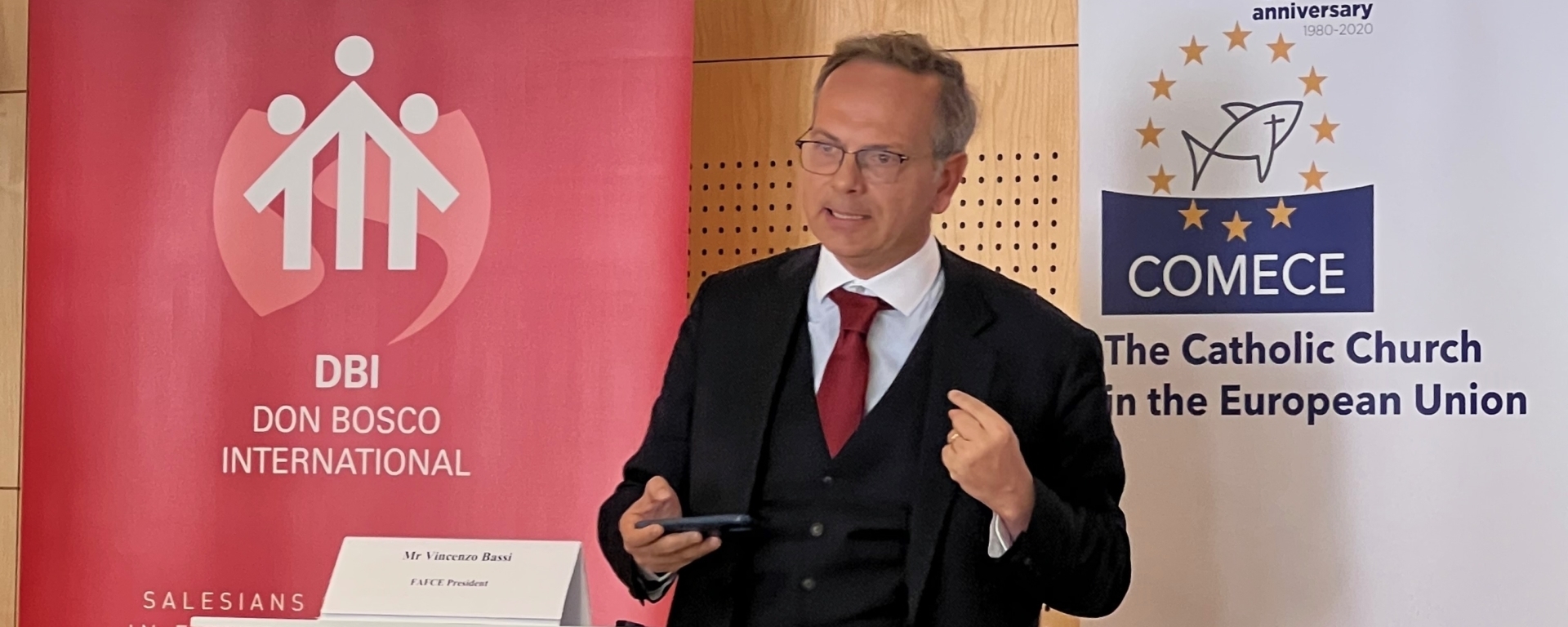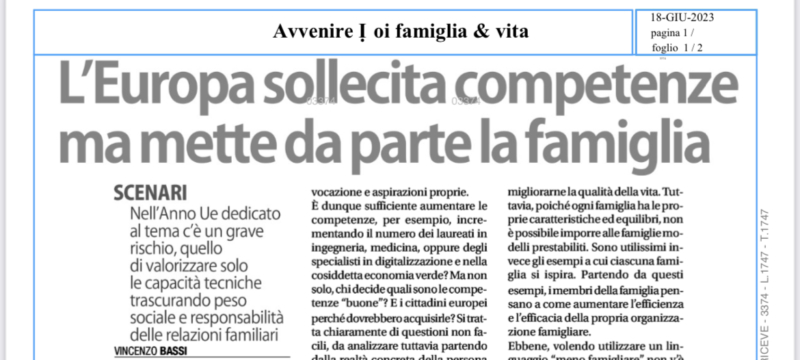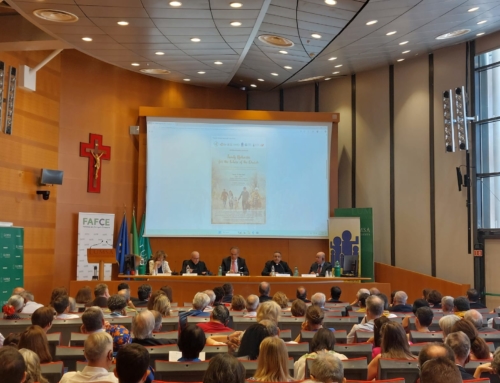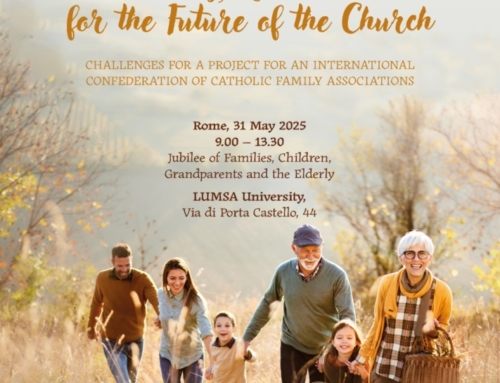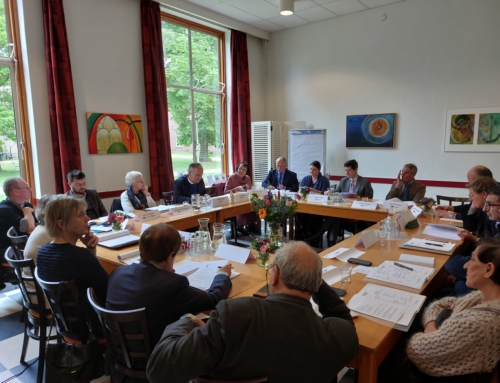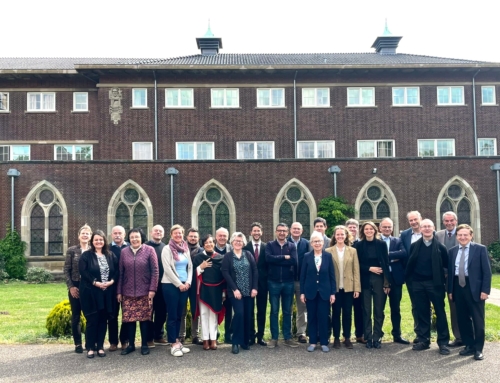27 June 2023,
On the occasion of the ‘European Year of Competences’ announced by the President of the European Commission, Ursula von der Leyen, in the State of the Union 2023 address, the President of FAFCE Vincenzo Bassi summarised in the Italian newspaper “Avvenire” what this means for us: an integral approach to the skills and the focus on the “know-why” of the technical capabilities. The deepening of this understanding prevails especially in families.
If skills were to serve to improve the well-being of communities, then it would need to be strongly emphasised that any European approach to skills, including those developed within the family, must be ‘integral‘, i.e. it must go beyond and not be reduced to technical knowledge related to the labour market. The person with skills should be therefore considered not so much as a privileged person but rather as a person more responsible than others towards the community to which he or she belongs. Without this responsibility, technical skills become a privilage, which increases inequality within society. Conversely, technical skills become competencies when they not only improve the productivity of the individual but benefit the whole community.
Vincenzo Bassi explains as well why, in the EU Year dedicated to this topic, there is a danger that only technical skills will be valorised, while the social weight and responsibility of family relationships will be neglected: without a ‘teleological’ and finalistic focus, the promotion of competences risks taking on the connotations of an ideological, anti-realistic propaganda, with inhuman traits. Reality is the main source of inspiration, the example and role of families are essential for this, he emphasises. There is no doubt that in the family there prevails, as a matter of principle, the deepening of the ‘why’ of technical capabilities (Know-why), and not the simple understanding of its ‘how’ (Know-how). Deprived of the ‘why’ of his skills, the European citizen, despite his technical abilities, becomes a fungible individual, loses his social function and is treated as a mere cog, designed by others, useful only to them. In order to avoid this trap that leads to the ideology of technicality, it is therefore necessary to reflect on skills by applying the principle of subsidiarity, starting with the example of families.
The family is organised by understanding and adapting the personal capacities of each person to the needs and requirements of its members; in other words, the family is an example of putting the person at the centre of the family community. To confirm this, it is interesting to note how skills are transferred within the family. Through a natural intergenerational pathway, in the family it is not only notions and techniques (Know-how) that are passed on but also the sense of common good essential to prepare the future of the younger generations (Know-why).
In conclusion, the year of skills cannot have as its objective only the technical, the ‘how to act technically’, but also ‘the why of that acting’, without which the integral meaning of the human person is lost, who is to be considered not so much and not only as ‘homo oeconomicus’, i.e. a tool for work, but rather as a person with a specific and original vocation to be put at the service of the common good. In this sense, the family plays an essential role, not only because it is an example of service to the common good, but also because it is a source of inspiration for future generations.

